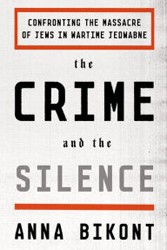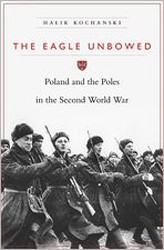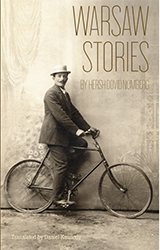In August, 1939, the Soviet Union and Nazi Germany signed a pact that divided Poland between them. When Germany invaded Poland in September, 1939, the Soviet army occupied eastern Poland, including the district of Bialystok. Under Soviet rule, the Jewish population of Bialystok, numbering some 50,000, which included refugees who fled from Nazi-occupied territory, soon found that their Communist occupiers sought to destroy Jewish culture and institutions. Nevertheless, the Jews of Bialystok adapted to the new regime, and although the Jewish community lost its independence, it continued to function. In the aftermath of the German invasion of the Soviet Union in August, 1941, however, circumstances drastically changed as the Jews faced ghettoization, followed by destruction and death under their new occupiers.
This entire history is told in this indispensable account of the Jews of Bialystok under both the Soviet and later Nazi occupations. Focusing on the leadership of Ephraim Barash, the head of the Bialystok Judenrat, and Mordecai Tenebaum, the leader of the Jewish underground, Bender has provided us with what should become the definitive history of the ghetto. Barash’s great achievement, states Bender, was to gain the confidence of the Germans; in so doing, he sought to improve the living conditions of the ghetto Jews. Under his leadership, the Jews of the Bialystok ghetto came to believe that through their labor, they would become indispensable to the German war effort, and unlike other ghettos, would not be subject to deportations to such death camps as Treblinka and Auschwitz. This belief lulled them into a false sense of security reinforced by Barash’s optimistic appraisal of the situation manifested in the slogan “salvation through work.” According to Bender, who is associate professor of Jewish history at Haifa University, this trust in Barash’s leadership accounts for the ghetto’s lack of support for the Jewish underground, when the Nazis turned to the deportation of the ghetto’s Jewish population. Once the roundups began, Tenebaum attempted to rally the ghetto to fight against the Germans for the sake of Jewish honor, but it was too late.
Bender also includes an invaluable comparison of the response of the Bialystok ghetto to other major ghettos such as Warsaw, Vilna, and Lodz, contrasting the efforts of Barash’s leadership with those of other major Judenrat leaders such as Adam Cerniakow, Jacob Gens, and Chaim Rumkowski.





